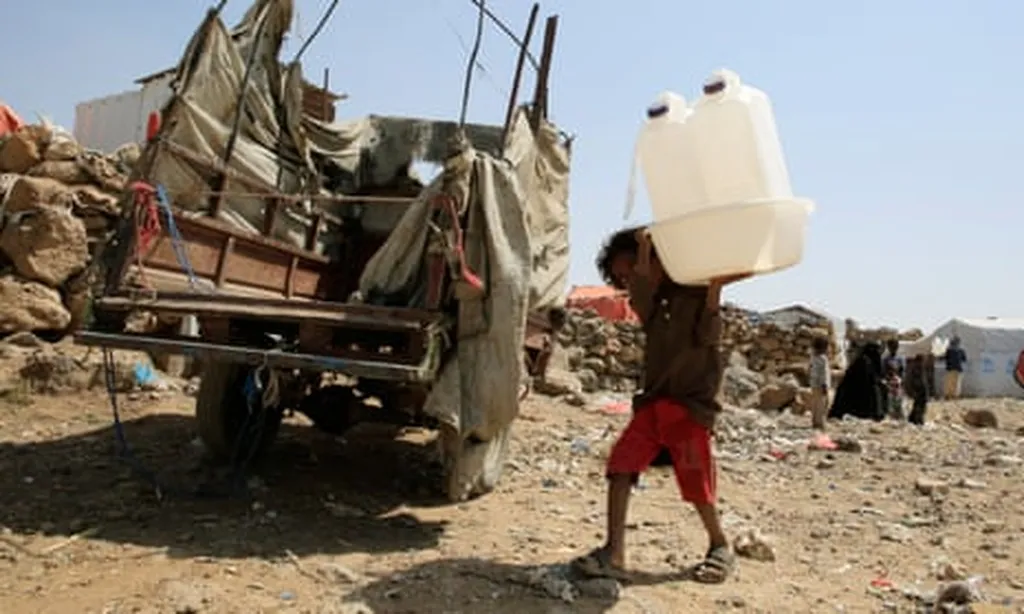In the heart of Uganda, Jennifer Turyatemba Tumushabe, a researcher at Kabale University’s Faculty of Agriculture and Environmental Sciences, is uncovering ways to turn the tide on climate vulnerability for rural communities. Her latest study, published in *Nova Geodesia* (meaning “New Earth Measurement”), explores how carbon financing technologies can bolster rural livelihoods in climate-vulnerable regions worldwide. The findings could reshape how the energy sector approaches carbon markets and community engagement.
Tumushabe’s research synthesizes evidence from nearly 100 peer-reviewed studies, revealing that carbon financing can significantly reduce vulnerability when designed with resilience in mind. “The key is intentionality,” Tumushabe explains. “Carbon financing isn’t just about offsetting emissions; it’s about empowering communities to build resilience.” The study highlights four critical dimensions: income diversification, agricultural productivity enhancement, community-based forest management, and policy frameworks.
One of the most striking findings is the role of digital technologies in cutting transaction costs by 60% while improving transparency. This is a game-changer for the energy sector, where carbon markets often grapple with inefficiencies and lack of trust. Tumushabe’s research suggests that blockchain and other digital tools could streamline processes, making carbon financing more accessible and equitable.
Community-managed forests emerged as another bright spot. These forests maintained carbon stocks comparable to protected areas, but secure land tenure proved crucial for equitable outcomes. “Without secure land rights, communities can’t fully benefit from carbon financing,” Tumushabe notes. This underscores the need for tenure reforms and transparent benefit-sharing mechanisms, areas where the energy sector could play a pivotal role.
The study also identifies actionable pathways for scaling impact, including dedicated resilience-focused funding streams, strengthened community land rights, and blended finance approaches. These insights could guide energy companies looking to invest in carbon markets while fostering sustainable rural development.
As the world grapples with climate change, Tumushabe’s research offers a roadmap for bridging carbon finance and livelihood resilience. It’s a call to action for policymakers, practitioners, and the energy sector to collaborate on context-specific solutions. “The future of carbon financing lies in its ability to adapt and empower,” Tumushabe concludes. With further research addressing regional evidence gaps and assessing long-term impacts, the potential for transformative change is immense.
Published in *Nova Geodesia*, Tumushabe’s work is a beacon of hope for climate-vulnerable communities, offering a nuanced understanding of how carbon financing technologies can drive sustainable rural development. As the energy sector continues to evolve, these findings could shape the future of carbon markets and community engagement, paving the way for a more resilient and equitable world.

